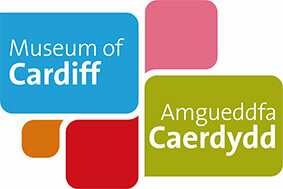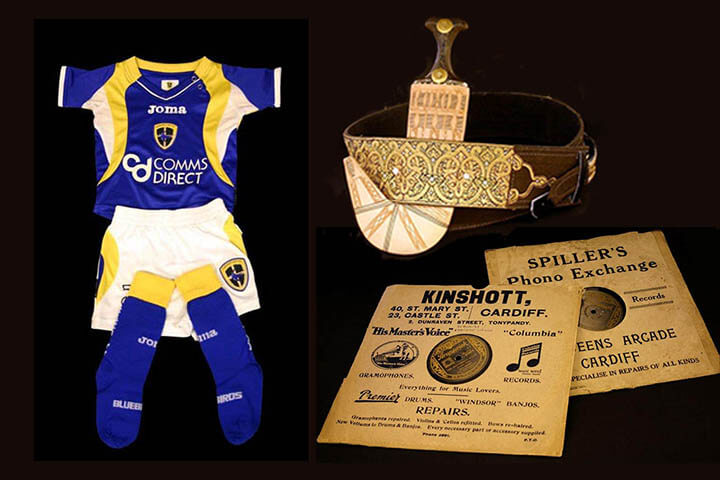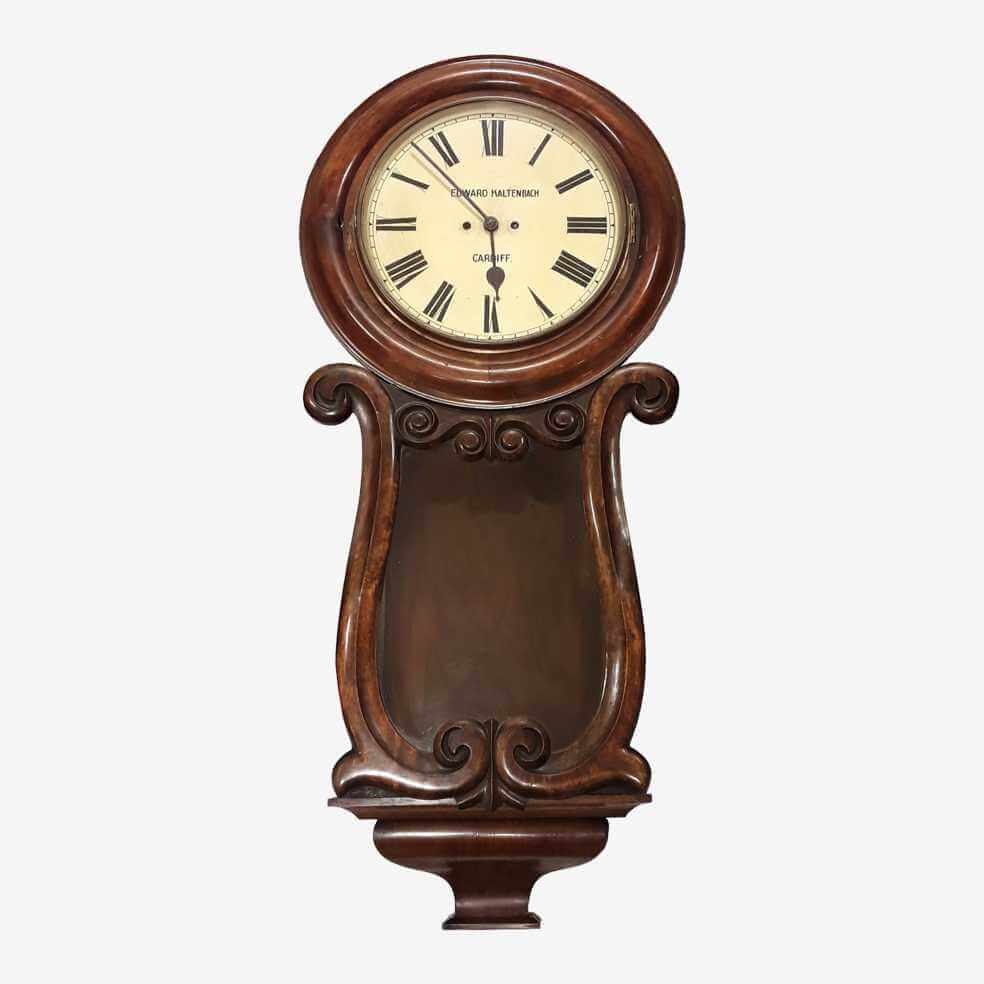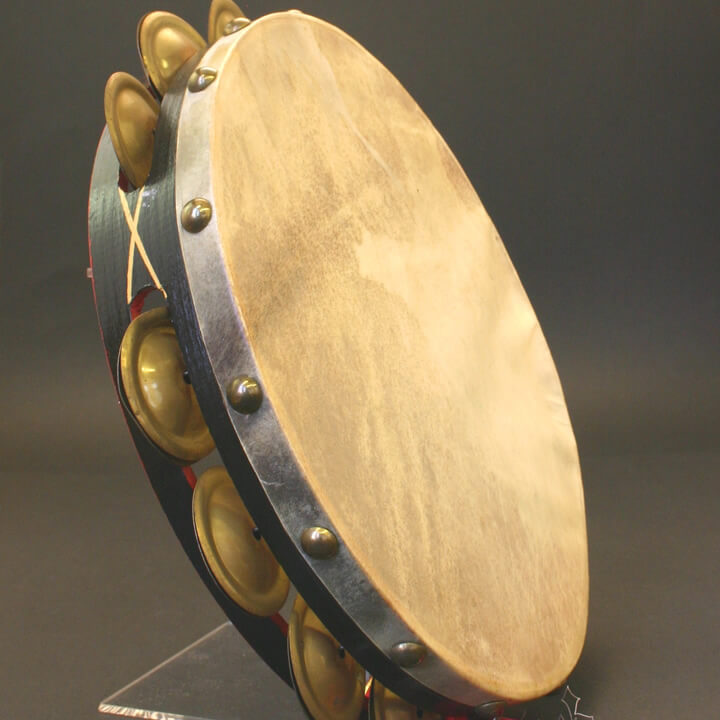Thinking of donating an item to the collection? Please read the following for advice on what to do.
What do we collect?
We collect material with a strong link to Cardiff’s history and preferably items that have personal stories and memories associated with them.
Information to provide to the Cardiff Story Museum
When you contact us it would be helpful if you could provide the following:
- Background information – Brief summary including any personal stories and how the object relates to Cardiff’s history
- How you acquired the item
- Dates associated with the item
- A photograph of the item
- Please tell us if you have any photographs of the object in use
- The condition of the item
Reasons why we might not be able to accept your donation:
Whilst we greatly appreciate offers of donation, it is not always possible for us to accept everything offered. Reasons why we might not accept include:
- We already have a similar item in the collection
- We don’t have enough space to store it
- The item is more appropriate to another heritage organisation
- The item is in poor condition and would be difficult to conserve
- There is little associated information or no link to Cardiff’s history
- It does not fit with our collection policy
If we do not accept your object for the core collection we may ask if your object can be used in our handling collection to assist our learning and outreach work.
Every item is considered carefully by the curatorial staff in relation to our collection policy and existing collections.
Please note:
We are unable to give valuations
We do not usually accept items on long-term loan
We cannot accept hazardous items unless there are compelling reasons to do so.
Hazardous items include firearms, objects containing asbestos, explosives, flammable, poisonous, potentially carcinogenic or radioactive material.
How to get in touch
Email: cardiffstory@cardiff.gov.uk with ‘object donation’ in the subject line.
Write to: FREEPOST RSGA-BYBX-AJYE, The Cardiff Story, The Old Library, Trinity Street, Cardiff, CF10 1BH
Please do not send the item to us, as we will not be able to return it.
What happens next?
Once you have contacted us, a member of the team will get in touch and we may ask for more information.
Once a decision is reached we will contact you to either accept or decline your offer. Please note there is currently a back log of object donations and it is taking longer than we would like to process them all.
If your donation is suitable for our collection we will arrange to meet with you to collect the object and we will ask you to sign a transfer of title form, which legally transfers the object into our care.
Personal story donations
Do you have a Cardiff story to tell? If so, we’d love to hear from you.
Email: cardiffstory@cardiff.gov.uk with ‘story donation’ in the subject line.
Write to: FREEPOST RSGA-BYBX-AJYE, The Cardiff Story, The Old Library, Trinity Street, Cardiff, CF10 1BH





